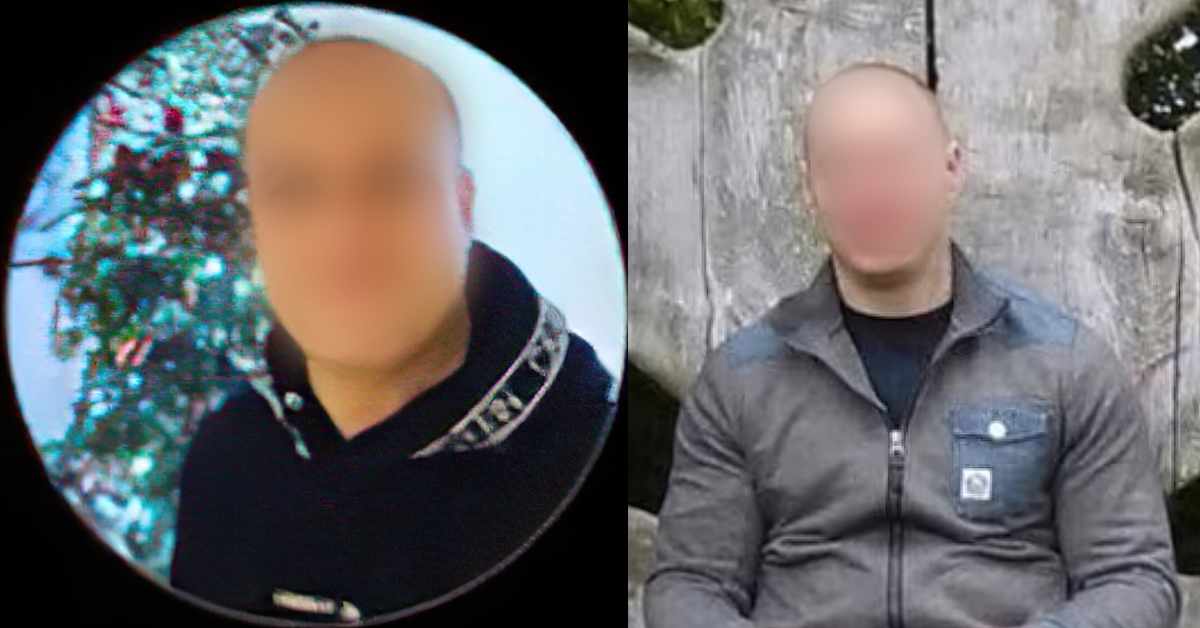Contacted by an NFT Scammer!

Recently, I had my first encounter with an NFT scam. I was approached via a comment on one of my Instagram posts by someone claiming to be interested in buying some of my art. The comment read: “Hello, I’ll like to purchase some of your art works, send me a message so we can discuss.”
I’ll admit I got excited at the idea and was about to message this person. But I began to get suspicious and looked at the profile more closely. I saw cryptocurrency, NFT and the claim that “if you’re an artist and still don’t use NFT, you are potentially missing millions of dollars.” I showed the comment and profile to friends, and we all agreed there were red flags all over this.
What are NFT scams on Instagram?

NFT scams on Instagram often target artists by offering them the opportunity to sell their artwork as NFTs (non-fungible tokens) on blockchain platforms. Usually through DMs but in my case, it was simply a comment left on one of my images. These scammers often ask for an upfront payment or for the artists to share their private keys, which can be used to access their crypto wallets. Fees are usually in the hundreds with promises of profits in the thousands and up.
However, the website they have artists “mint” their work on (put it on the blockchain site) is often fake. Once the payment is made or the keys are shared, the scammers and the website disappear and the artists are left with no NFTs or profits. It is important for artists to research the credibility of the platforms and individuals they work with before engaging in any NFT transactions.
Digging Deeper into the NFT Scammer

There’s often more than meets the eye when it comes to scammy profiles and this one did not disappoint! It’s common for Scammers to use stolen photos on social media and I thought this might be the case here. Not only that, but the name got me suspicious as well.
Although I didn’t find the exact match for the photo, there was one that looks very similar in my opinion and could potentially be the same guy. In fact, it was the only photo of a guy that came up. Searching the name also lead to an interesting find – a game character!
The Bizarre Photo Trail

The photo found after using Google Lens on the one from the NFT scam profile has its own mysterious origins. The website the photo pointed to was an Etsy shop. It’s not the shop owner’s photo and I checked all the reviews but didn’t see it anywhere.
There’s literally nothing that suggests that photo has anything to do with the Etsy shop it seems to be linked to. My only theory is that the image is hosted somewhere that someone doesn’t want to be discovered and they used a tool to redirect the image link to a random URL like the Etsy shop. This is called URL or domain masking.
The Game Character Impersonator???

The name used on the NFT Scammer’s profile is Albert Mason. One of the results that came up as I Googled it, was a character from the game Red Dead Redemption 2. There were other results that came up but the game character was definitely interesting considering his photography background.
Albert Mason is a wildlife photographer who hires the game’s protagonist, Arthur Morgan, to help him capture images of various animals found throughout the game’s world. During their encounters, Albert shares his passion for photography and the importance of documenting wildlife.
Obviously it’s impossible to say whether or not the scammer purposely used Albert Mason the game character for their Instagram profile but the photography connection seems to fit in my opinion. Photographers sometimes mint their work as NFTs.
Be Very Careful Around These Offers!

So, in a nutshell, NFT scams are very real and on the rise in the digital art world. The last thing anyone wants is to be taken advantage of and end up losing money and their valuable creations to some low-life thief. That’s why I urge you to exercise caution and be wary of unsolicited comments or messages on Instagram (or anywhere else) from folks claiming to want to buy your work as NFTs.
To stay safe, always make sure you do your homework, know who you’re dealing with, and don’t ignore any red flags that might pop up. Let’s do our part to protect our hard work and stay alert together!
Have you been contacted by scammers on social media? If so, how did it start? Let me know in the comments below! The more we know, the more we can help protect each other.






0 Comments